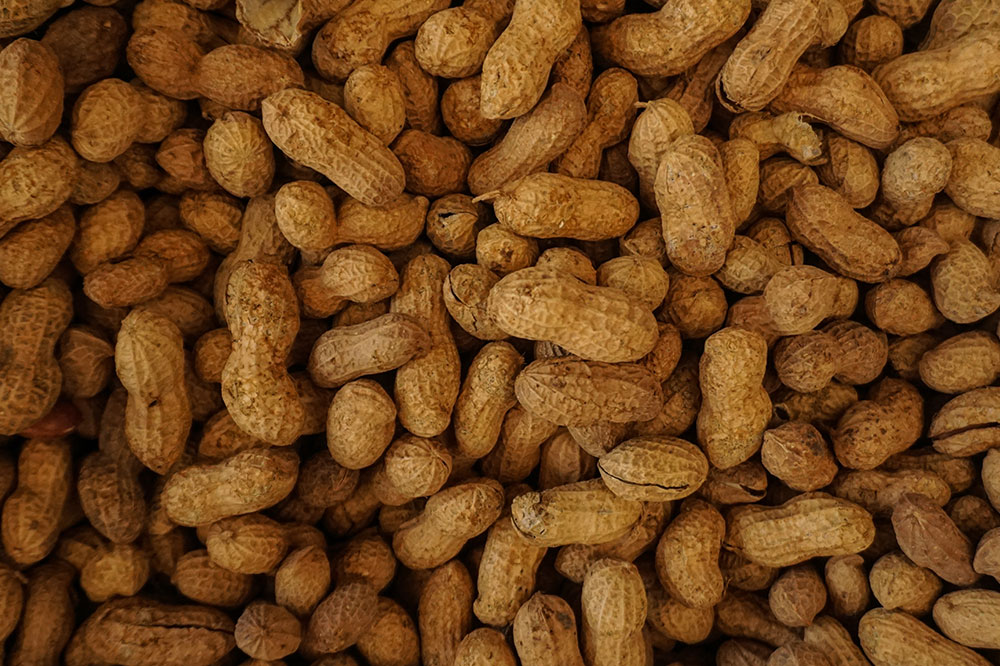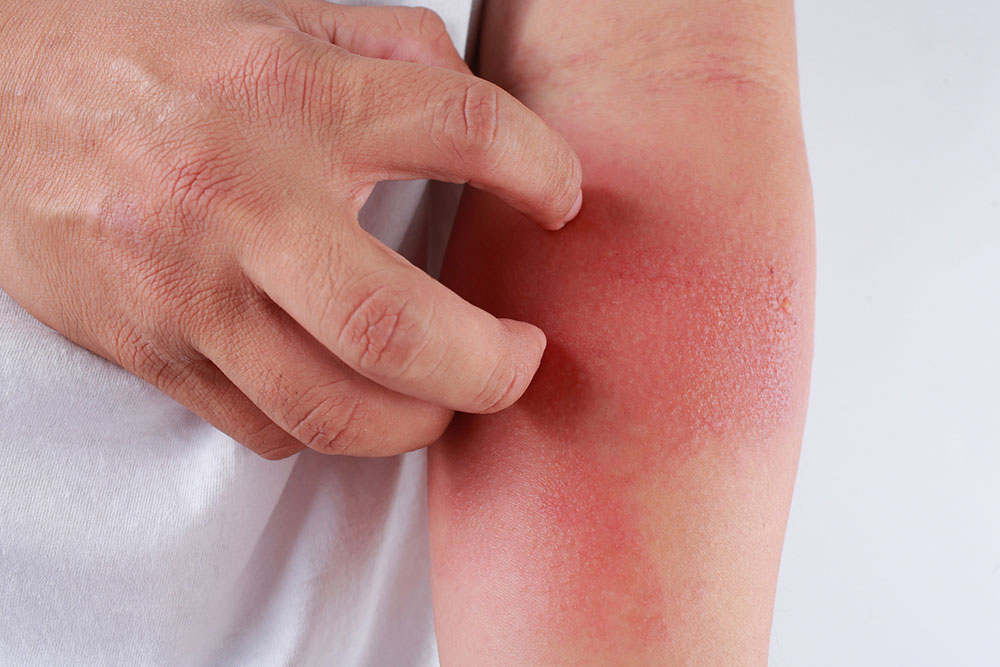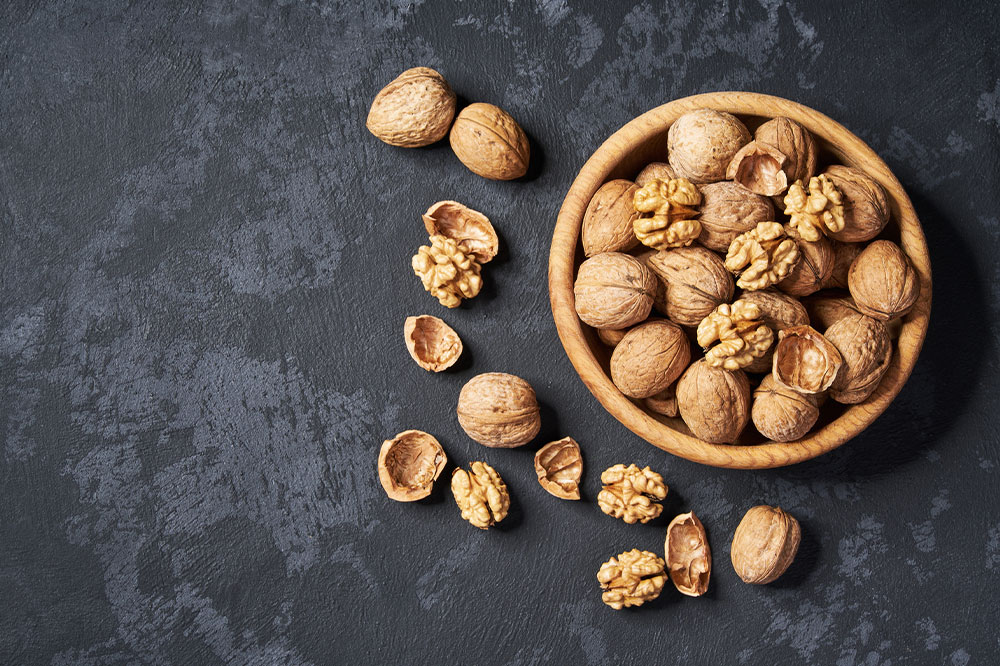Essential Dietary Tips: Foods to Avoid for Better Eczema Management
Eczema management goes beyond topical treatments; diet plays a crucial role. This article explores foods that can trigger symptoms, including dairy, nuts, acidic fruits, gluten, soy, and certain spices. By understanding and avoiding these foods, sufferers can reduce flare-ups and promote healthier skin. Practical dietary adjustments, such as choosing dairy-free alternatives and reading labels carefully, are essential for better skin health. Consulting healthcare professionals for personalized advice ensures comprehensive eczema management. Empower yourself with knowledge to control eczema and improve your quality of life through informed dietary choices.

Essential Dietary Tips: Foods to Avoid for Better Eczema Management
Eczema, also known as atopic dermatitis, is a chronic skin condition that affects millions worldwide, causing discomfort through symptoms like dryness, itching, inflammation, and skin lesions. These skin issues can significantly impact an individual's daily routine, emotional well-being, and overall quality of life. While conventional treatments such as topical steroids, moisturizers, and medication are often prescribed, recent studies and anecdotal evidence suggest that dietary habits play a vital role in managing eczema effectively. This comprehensive guide aims to explore key foods that may trigger or worsen eczema symptoms and provides practical advice on dietary modifications to promote healthier, calmer skin.
1. Dairy Products: A Common Trigger
Dairy products like milk, cheese, yogurt, and butter are rich sources of calcium, vitamin D, and other essential nutrients necessary for overall health. However, in individuals with eczema, dairy can sometimes act as a trigger for flare-ups. The exact reason remains unclear, but several studies indicate that removing or reducing dairy intake can stabilize skin health and reduce inflammation. Especially in children, switching to dairy-free alternatives such as almond milk, coconut milk, or oat-based beverages can make a significant difference. It's worth noting that dairy contains proteins like casein and whey, which some people's immune systems may identify as allergens, leading to increased skin sensitivity and irritation.
2. Nuts, Especially Peanuts: A Notable Allergen
Nuts, particularly peanuts, are among the most common food allergens worldwide, and their role in eczema exacerbation is well-documented. When consum ed, peanuts can trigger immediate or delayed allergic reactions, causing increased skin inflammation and itchiness. For eczema sufferers, avoiding peanuts and peanut-derived products like peanut butter, oil, or snacks is highly recommended. Cross-reactivity can also occur with other nuts, so individuals should be cautious and consider allergen testing if they notice worsening symptoms after nut consumption.
3. Acidic Fruits: Citrus and Sensitivity
Citrus fruits such as lemons, oranges, grapefruits, and limes are rich in vitamin C and antioxidants, but their high acidity can be problematic for those with eczema. External contact with citrus peels or accidental ingestion can cause burning sensations, redness, and irritation in sensitive skin. Internally, consuming acidic fruits may increase skin inflammation or trigger flare-ups. It's advisable for individuals with eczema to monitor their response to citrus and opt for less acidic fruits like bananas, melons, or berries when necessary.
4. Gluten: An Anti-Inflammatory Consideration
Gluten, a protein found predominantly in wheat, barley, and rye, has been linked to heightened inflammatory responses in some individuals with eczema. Many processed foods contain gluten as a thickening agent or stabilizer, inadvertently aggravating skin conditions. For those noticing worsening eczema symptoms, a gluten-free diet may offer significant relief. Eliminating gluten requires careful reading of food labels and adopting alternative grains like rice, quinoa, and buckwheat, which can provide necessary nutrients without triggering inflammation.
5. Soy Products: Potential for Chronic Inflammation
Soy, often used as a dairy substitute or added as an ingredient in numerous processed foods, can act as an inflammatory agent in certain allergic individuals. Consuming soy-based foods like tofu, soy milk, and soy protein isolates may contribute to persistent skin inflammation, worsening eczema symptoms. For sensitive individuals, reducing soy intake or choosing soy-free alternatives can help manage flare-ups effectively. Additionally, consulting an allergist for proper testing can help determine if soy is a trigger in your specific case.
6. Common Spices and Flavorings: Hidden Irritants
Many spices used in cooking—such as cloves, cinnamon, vanilla, coriander, and fenugreek—can provoke allergic reactions or skin inflammation, especially during eczema flare-ups. These spices contain natural compounds that may irritate the skin or induce allergic responses in susceptible individuals. During active eczema episodes, it is advisable to avoid or limit the use of such spices and opt for milder, hypoallergenic seasonings such as parsley or chives. Reading product labels carefully and being mindful of spice blends can further reduce the risk of irritants unknowingly affecting your skin.
Eczema is a chronic condition with no definitive cure, but managing triggers and adopting an anti-inflammatory diet can significantly reduce flare-ups and improve skin health. Eliminating or limiting certain foods known to provoke symptoms is a proactive way to enhance your quality of life, support skin healing, and prevent unnecessary discomfort. Consulting with a healthcare professional, such as a dermatologist or registered dietitian, can provide personalized advice tailored to your specific needs and sensitivities. Remember, a comprehensive approach combining dietary management, skincare, and lifestyle adjustments offers the best results in controlling eczema symptoms effectively.





